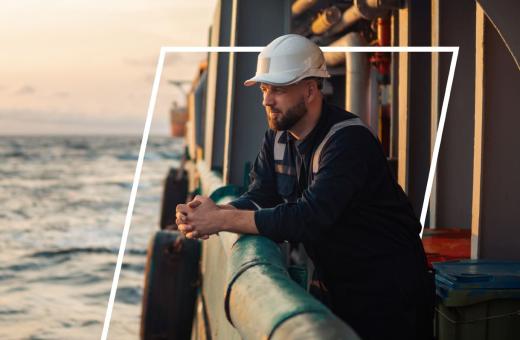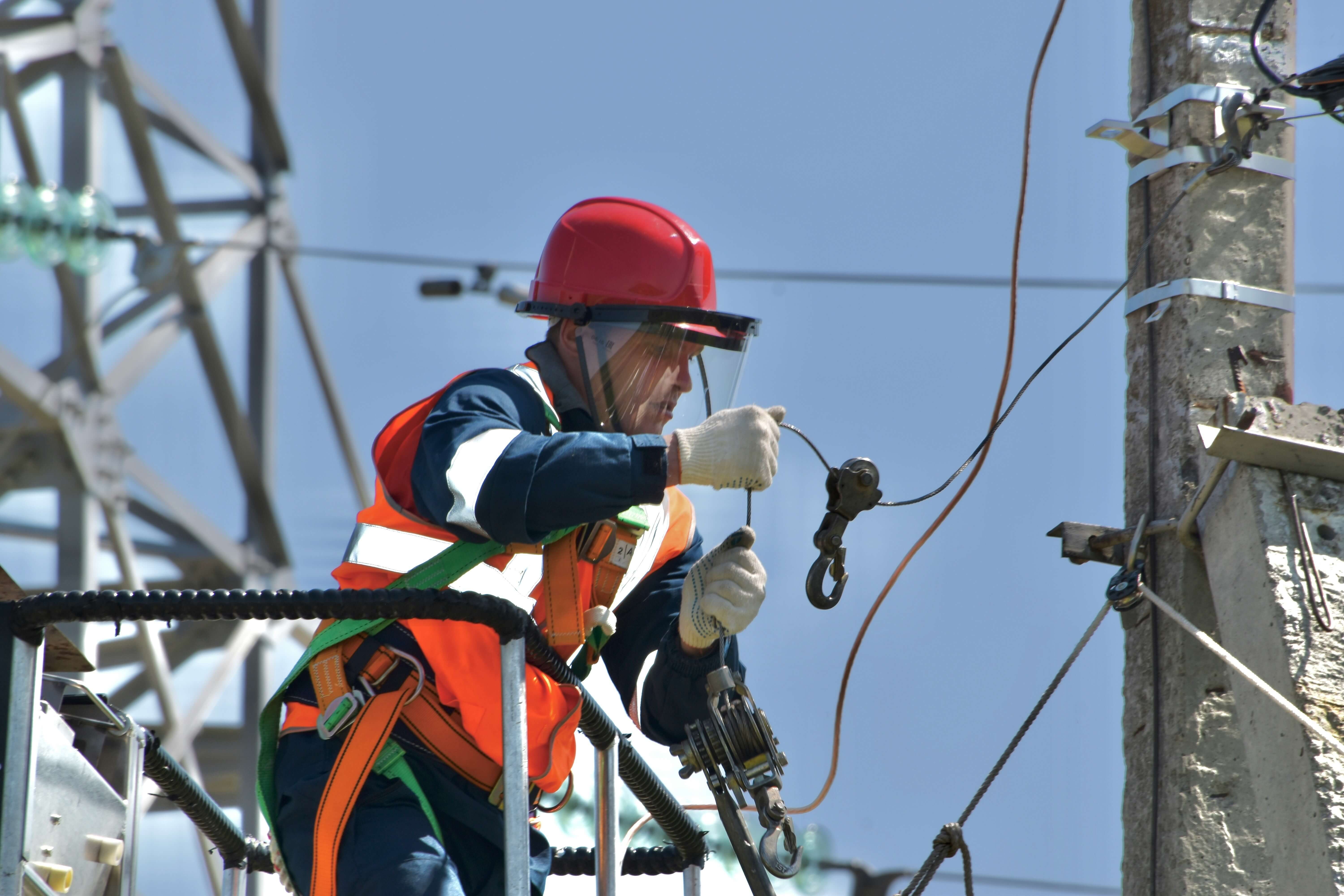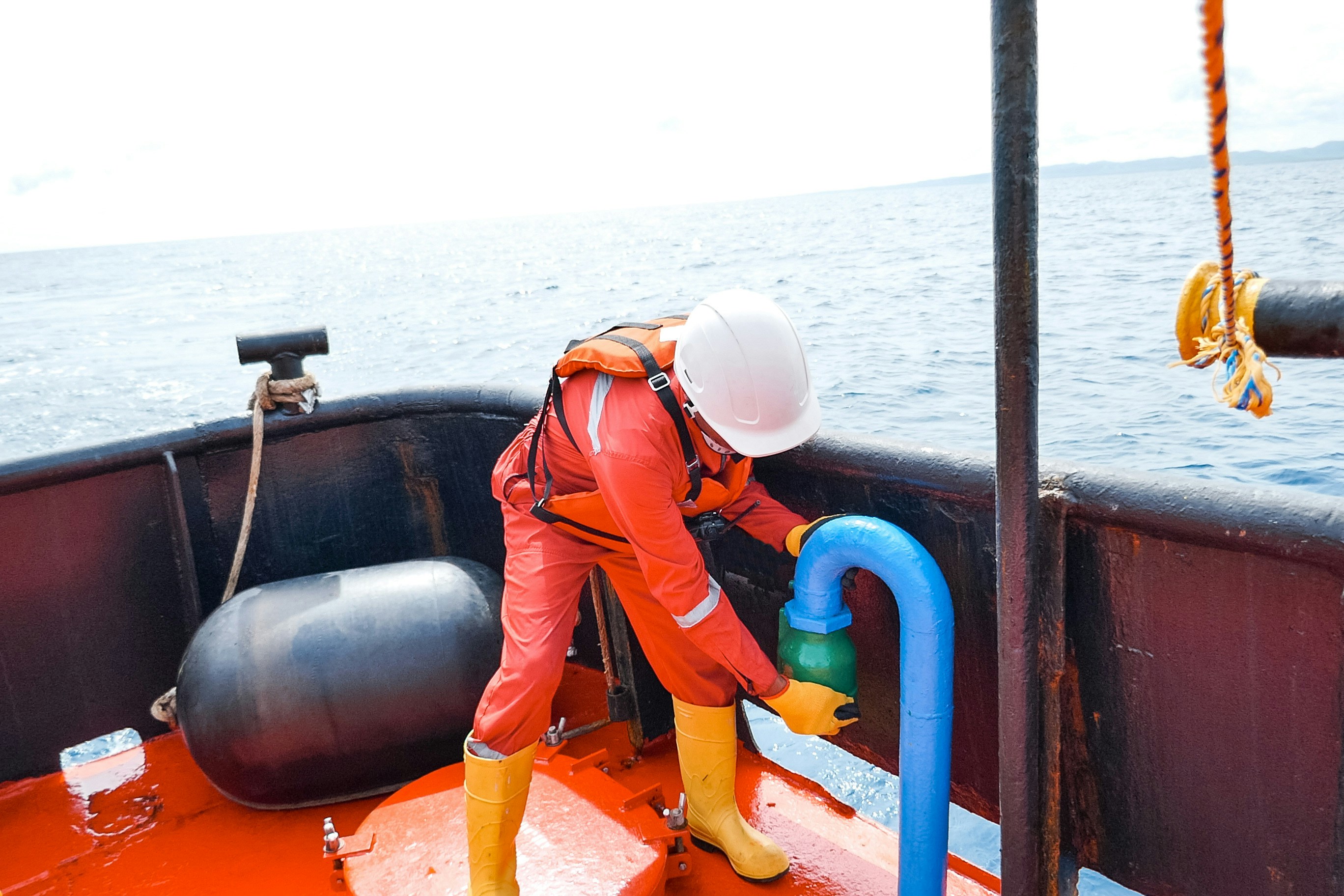How to Prepare Yourself For a Long-Term Offshore Contract
01 Mar, 202210 minutes
Packing your bags. Saying goodbye to your family. Making it to your destination on time.
These are all important steps for offshore contracting, but some vital preparations go beyond the obvious – and are essential for maintaining your ongoing wellbeing.
Your Guide to Preparing for an Offshore Contact
Step 1: Research Your Employer
Before you sign any long-term contract, conduct thorough research on the employer. Accepting a position that seems beneficial only on paper (such as a decent hourly rate) won’t protect your emotional and physical wellbeing for the months you spend overseas. Look for staff reviews and make sure you aren’t signing yourself up for unsafe or unsupportive working conditions.
Step 2: Ask Questions
If you have any doubts, reach out to your hiring manager/the person who conducted your interview or sent you an offer. Ask questions about the safety measurements in place onboard their vessels, or your maximum working hours per week.
Step 3: Sign Contract
When you’re confident you’ve found a placement where your basic needs will be catered to, make sure there is a contractual agreement between yourself and the employer. Although these are usually standardised, if you’ve made extra requests, make sure these are added to the contract.
Step 4: Update Qualifications
Before setting off, check if you need to update any of your qualifications and licences or take any additional health and safety courses. Extra training may be requested by your new employer, in which case you should have everything completed before you set off. It’s much easier to complete these basic admin tasks when you have a reliable computer, phone, and internet.
Step 5: Get Legal Papers in Order
For some placements, you may need to renew your passport or apply for a visa. Your employer should be able to provide support with acquiring these, but most of the work is down to you. Legal papers can sometimes be difficult processes that require a bit of “back and forth”, so prioritise this step as soon as possible.
Step 6: Set Up Auto Bill Payments
Auto bill payments and direct debits can help you avoid financial difficulty when you arrive home from your placement. If you have a house, consider ensuring that council tax will be paid on time, and, if your family will still be living in it, make sure bills will automatically be pulled from your account after you’ve been paid. Lengthy, international calls to sort out fees that have gone to debt collectors cause stress that, with a bit of foresight, can be easily avoided.
Step 7: Organise Travel
By now, it should be clear whether you are responsible for organising travel to your destination or if your employer will sort it. To get the best rates, book flights or trains early and make sure you’ll arrive a few hours before you would usually need to in case of any delays.
Step 8: Pack Your Bags
Don’t leave it until the last minute, begin packing your bags weeks in advance. There are always going to be items that you miss (which can be purchased when you’re onshore), but by organising your suitcase as early as possible, you give yourself the chance to brainstorm and think about what you need to get before setting off.
Step 9: Say Goodbye to Your Loved Ones
Spending time with your friends and family before setting off builds treasured memories for your lengthy placement at sea. Consider hosting a leaving party to make sure everyone is in the loop about you leaving and has a chance to say goodbye.
Step 10: Build “Your Home Away From Home”
Once you arrive at your placement, start setting up your accommodation in a way that suits you. Put a picture frame on your bedside table. Buy a second pillow. Whatever helps you feel comfortable and relaxed inevitably reduces homesickness and allows you to feel well-rested each morning when you get up for work.
Step 11: Meet Your Team
Your team is going to be like your family for the next few years. Identifying your leaders (or colleagues if you are also a manager) gives you a clear communication channel and support network should anything go wrong when you are offshore. To help you relax, ensure you know who to report issues to.
Step 12: Make Friends
Building relationships with people who have similar goals and interests as you stop you from sitting in your room, feeling lonely. If you are travelling to your working site, join in with games that often take place in the cafeteria and try to meet some like-minded people that are going through the same experience you are. Working away from home doesn’t have to be isolating.
Step 13: Contact Home
An important part of preparing yourself mentally for a long-term offshore contract is figuring out how to best contact home. This may be by letter, email, or text depending on where you are working. Try to restrict yourself from checking in obsessively as this can be draining and make you miss them more. As long as you can reach out to them when needed, and they can reach out to you in emergencies, then you can dedicate yourself entirely to your offshore placement.
Step 14: Seize Opportunities
Long-term contracts come with career opportunities that provide you with a chance to learn and grow to increase your earning potential. For example, you could volunteer for a difficult shift that would make you stand out as a key member of the team.
Seize 15: Enjoy Your Work
As you start to get into the swing of things with your new offshore placement, you can start to enjoy fulfilling and advantageous work that is setting the foundation for the rest of your life. Thousands of workers enjoy offshore contracting because of the benefits it brings, and there’s no reason why you can’t be one of them.
How Long Are Long-Term Offshore Contracts?
Long-term offshore contracts can range between 2 and 5 years (Source: Offshore Energy). They provide a stable and consistent source of work that is both rewarding and engaging.
As general working rotations in offshore contracting permit you to do two weeks onsite, and two weeks off, it will be practical to find accommodation near your place of work.
Finding Offshore Contract Jobs Through Select Offshore
Select Offshore are offshore recruiters who deliver maritime professionals that are reliable, communicative, and enthusiastic.
Is that you?
If you’re looking for exciting and competitive placements across any of our sectors (renewables, marine, heavy lifting, subsea, ROV, energy, and survey/inspection), we can connect you with a company that cares for its human resources and recognises the importance of human rights.
Our team strongly believes in celebrating each of the individuals we work with, dedicating time to find them desirable offshore placements.


